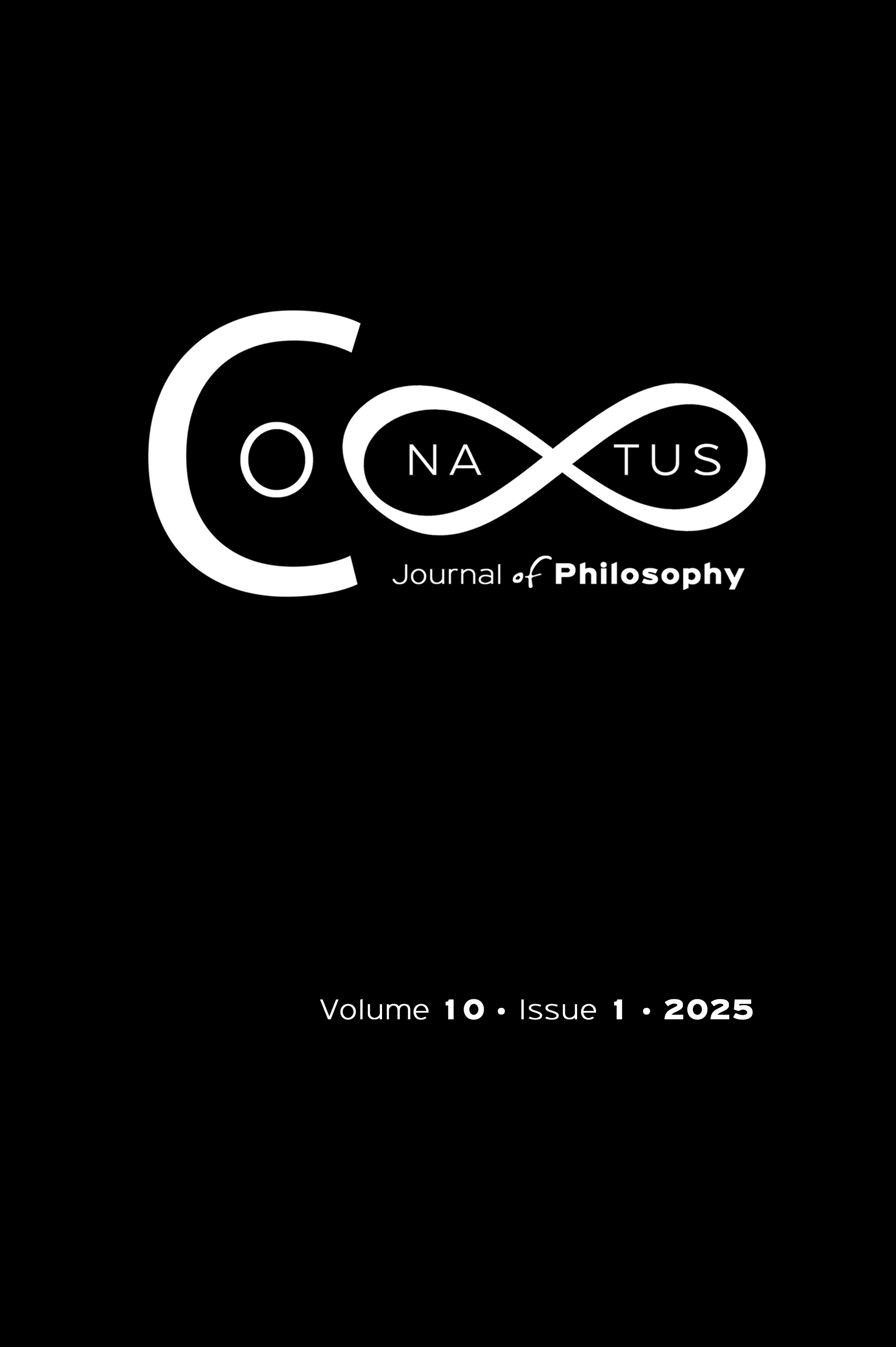The Forgotten View of the Origin of Language: The Legacy of Herder’s Philosophy

Abstract
The question about the origin of language marked modernity with approaches that still echo in contemporary thinkers. This is the case with Herder’s Treatise on the Origin of Language. The question with which Herder opens the essay is significant and expresses well the fundamental problem that marked the philosophical intentions of the 18th century, namely: “Were human beings, left to their natural abilities, able to invent language for themselves?” Forgetting for a moment the implicit reference to God that continued to mark historically the philosophical narratives, it is important to focus the question on the appearance of language. In this sense, the philosopher’s essay is not limited to hypotheses about the emergence of language, or rather, about the founding characteristics of language, but it consolidates it in the anthropological, sociological and even biological horizon from which it allows the understanding of human nature and condition. The enunciation of the four natural laws and the narrative of justification that the philosopher elaborates on reveals a strong potential to understand the phenomenon of language and the human mind. This essay seeks, first, to explain Herder’s theses; second, based on this explanation, see in what sense his approach allows us to understand the phenomenon of the origin and formation of language; and finally, to understand the scope of his work with regard to language and mind, that is, to seek to determine its legacy in contemporary philosophy, namely with regard to the understanding of the human mind. Regarding the latter, it is important to mention two essential points to understand the importance of Herder’s thought for the understanding of the human mind: the mention of reflection as an inner thought and hearing as a fundamental characteristic for the development of language. It is all these questions that this essay seeks to address.
Article Details
- How to Cite
-
Castro, P. A. e. (2025). The Forgotten View of the Origin of Language: The Legacy of Herder’s Philosophy. Conatus - Journal of Philosophy, 10(1), 73–85. https://doi.org/10.12681/cjp.37087
- Section
- Articles

This work is licensed under a Creative Commons Attribution-NonCommercial 4.0 International License.
Authors who publish with this journal agree to the following terms:
Authors retain copyright and grant the journal right of first publication with the work simultaneously licensed under a Creative Commons Attribution Non-Commercial International License (CC BY-NC 4.0) that allows others to share the work with an acknowledgement of the work's authorship and initial publication in this journal.
Authors are able to enter into separate, additional contractual arrangements for the non-exclusive distribution of the journal's published version of the work (e.g. post it to an institutional repository or publish it in a book), with an acknowledgement of its initial publication in this journal.
Authors are permitted and encouraged to post their work online (preferably in institutional repositories or on their website) prior to and during the submission process, as it can lead to productive exchanges, as well as earlier and greater citation of published work.





